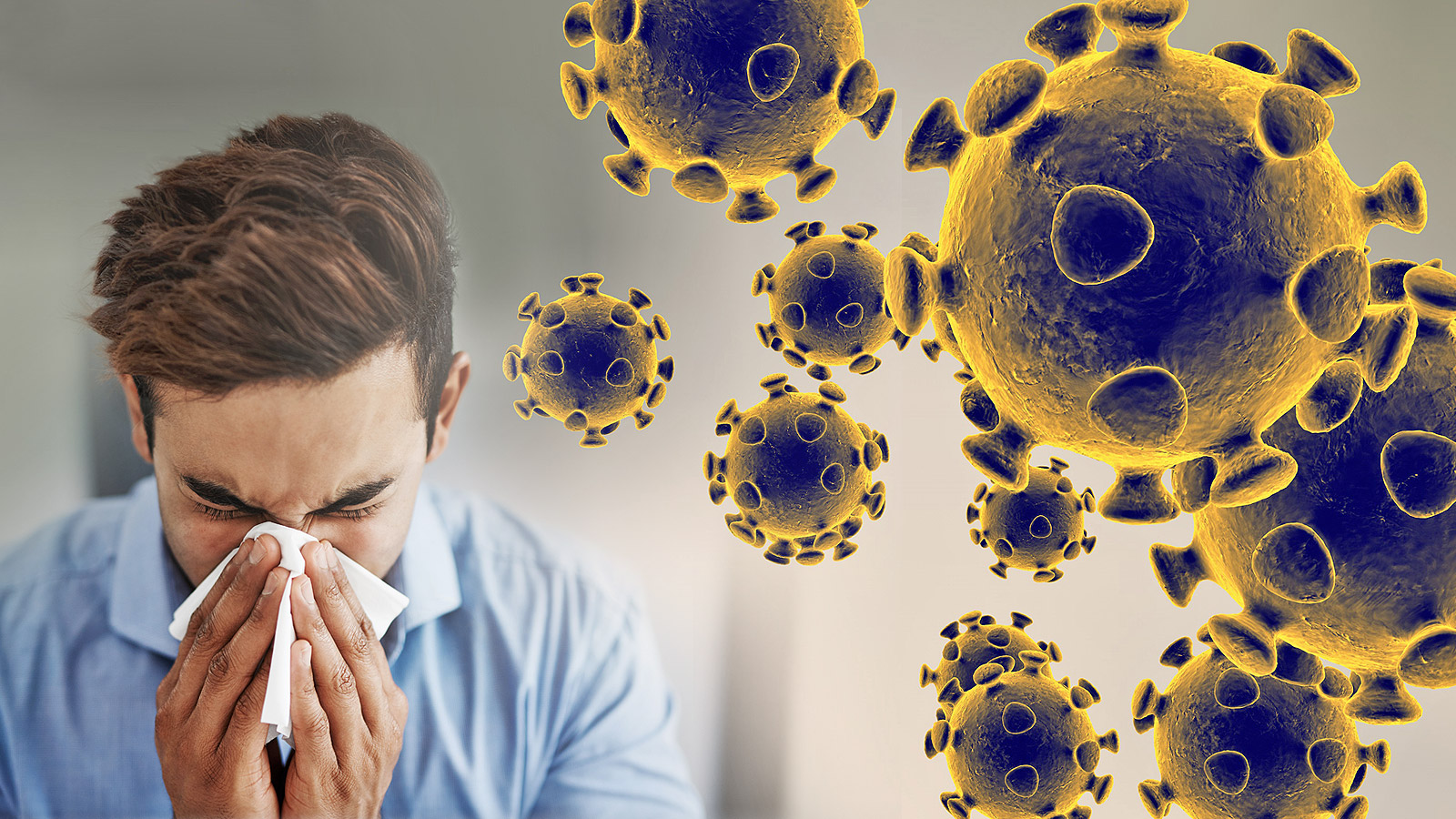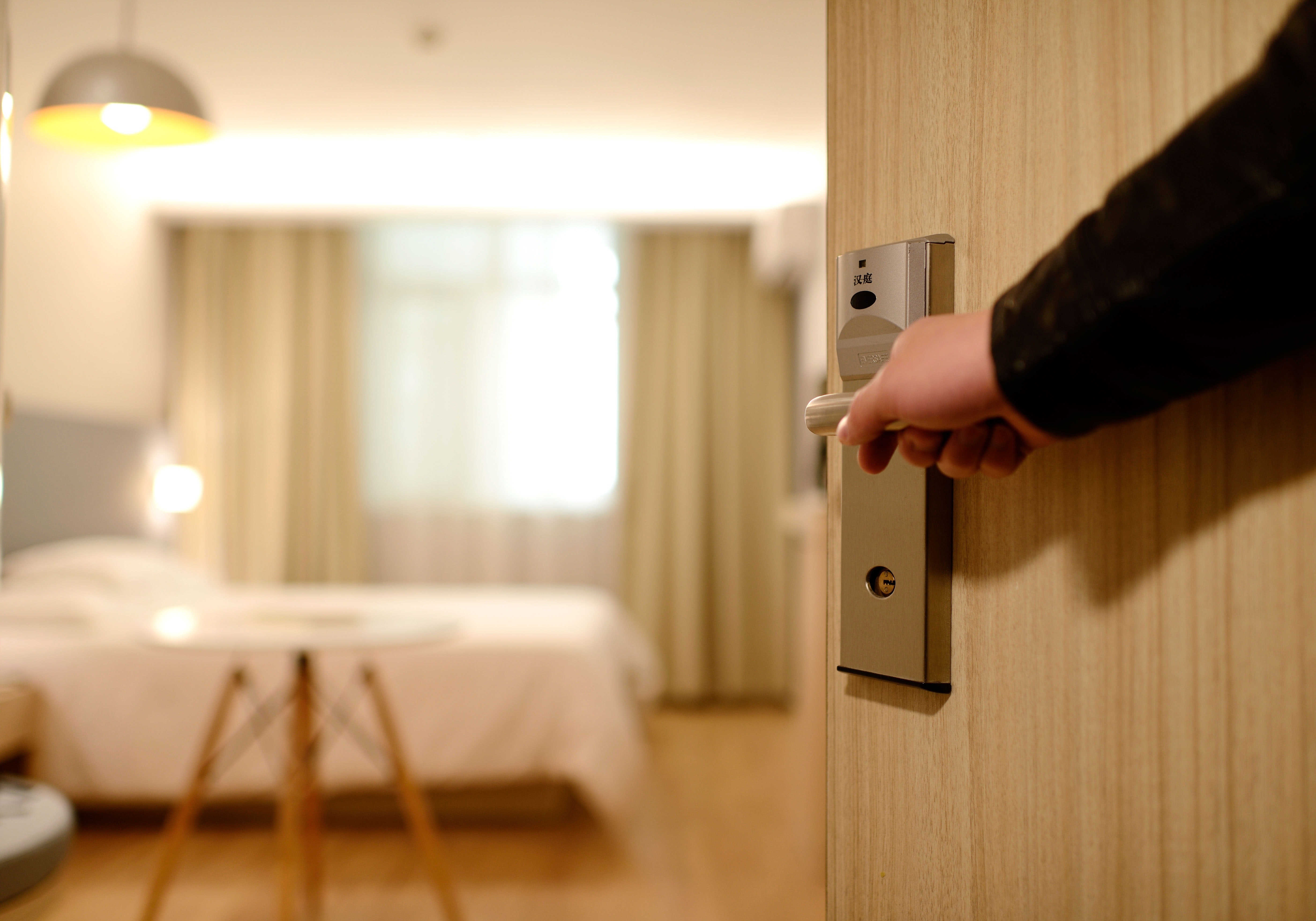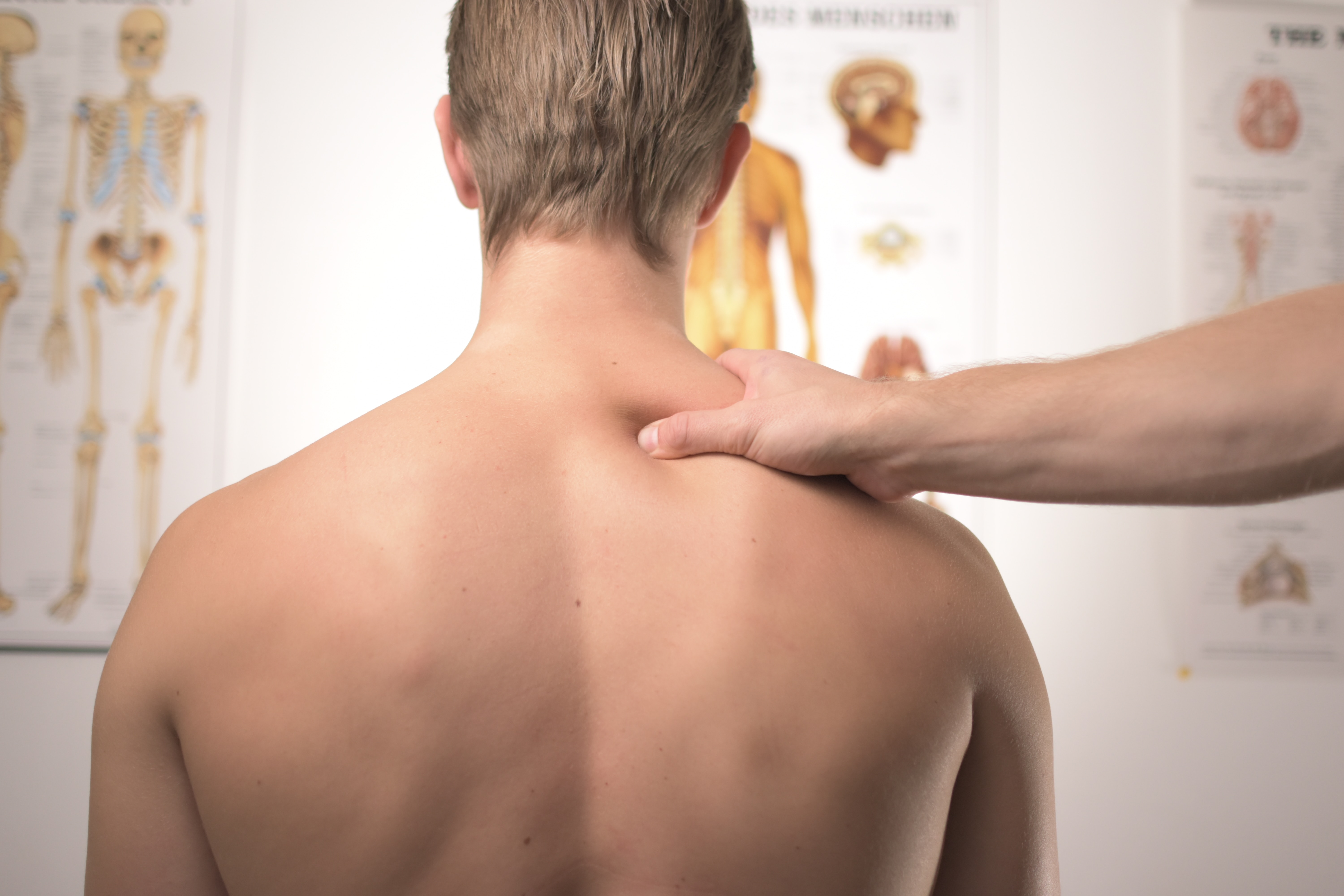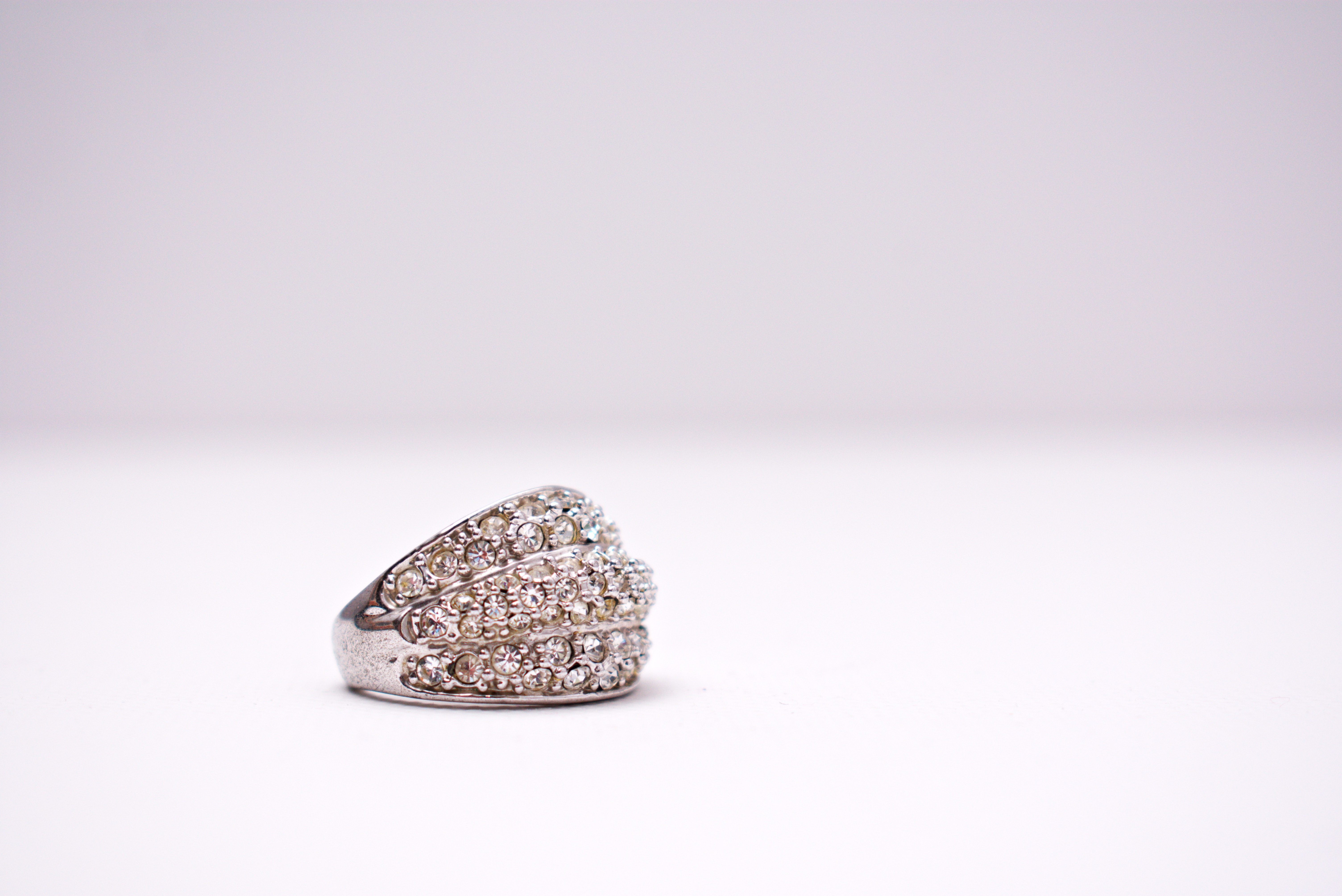
information source: WHO (https://www.who.int/news-room/qa-detail/qa-coronaviruses)
What is Coronavirus?
Coronaviruses are a large family of viruses that can cause disease in animals or humans. In humans, several coronaviruses are known to cause respiratory infections, ranging from the common cold to more severe conditions such as Middle East Respiratory Syndrome (MERS) and Severe Acute Respiratory Syndrome (SARS). The recently discovered coronavirus causes the coronavirus disease COVID-19.
What is COVID-19?
COVID-19 is an infectious disease caused by the recently discovered coronavirus. This new virus and disease were unknown before the outbreak in Wuhan, China in December 2019.
What are the symptoms of the coronavirus?
The most common symptoms of the coronavirus are fever, fatigue, and a dry cough. Some patients may experience pain, nasal congestion, runny nose, sore throat or diarrhea. These symptoms are usually mild and begin gradually. Some people become infected but don’t develop any symptoms and don’t feel bad. Most people (around 80%) recover from illness without requiring any special treatment. About 1 in 6 people who develop the coronavirus become seriously ill and have difficulty breathing. Older people and those with underlying medical problems such as high blood pressure, heart problems, or diabetes are more likely to develop serious illnesses. About 2% of people with this disease have died. People with fever, cough and difficulty breathing should seek medical attention.
How does the coronavirus spread?
People can catch the coronavirus from other people who have the virus. The disease can spread from person to person through tiny droplets from the nose or mouth that spread when a person with the coronavirus coughs or exhales. These droplets land on objects and surfaces around the person. Other people then catch the coronavirus by touching these objects or surfaces and then touching their eyes, nose, or mouth. People can also catch the coronavirus if they inhale drops from a person with the coronavirus who is coughing or exhaling drops. Therefore, it is important to stay more than 1 meter (3 feet) from the person who is sick.
The WHO is assessing ongoing research into how COVID-19 spreads and will continue to share updated results.
Can the virus that causes COVID-19 be transmitted by air?
Research to date suggests that the virus that causes COVID-19 is transmitted primarily through contact with respiratory droplets rather than through the air. See the previous reply on “How is COVID-19 spread?”
Can coronavirus be caught from a person who has no symptoms?
The main route of spread of the disease is through the respiratory droplets expelled by the person who coughs. The risk of catching the coronavirus from an asymptomatic person is very low. However, many people with COVID-19 experience only mild symptoms. This is especially true in the early stages of the disease. It is therefore possible to catch COVID-19 from a person who, for example, has only a mild cough and is not feeling bad. WHO is assessing the ongoing research into the coronavirus transmission period and will continue to share updated findings.
Can I catch coronavirus from the stool of a person with the disease?
The risk of catching the coronavirus from an infected person’s stool appears to be low. Although preliminary research suggests that the virus may be present in stool in some cases, spread this route is not a major feature of an outbreak. WHO is assessing ongoing research into how COVID-19 spreads and will continue to share new findings. However, since this is a risk, it is another reason to clean your hands regularly after using the bathroom and before eating.
What can I do to protect myself and prevent the spread of disease?
Protection measures for everyone
Stay up to date with the latest information on the COVID-19 outbreak, available on the WHO website and through your national and local public health authority. COVID-19 still mainly affects people in China, with some outbreaks in other countries. Most people who are infected experience a mild disease and recover, but for others it can be more serious. Take care of your health and protect others by doing the following:
-
- Regularly and thoroughly wash your hands with an alcohol-based hand towel or wash them with soap and water.
Why? Washing your hands with soap and water or rubbing alcohol-based hands on your hands will kill any viruses that may be on your hands. - Keep at least 1 meter away from you and anyone who is coughing or sneezing.
Why? When someone coughs or sneezes, they spray small droplets of fluid from their nose or mouth that may contain the virus. If you are too close you can breathe the drops, including the COVID-19 virus if the person coughing has the disease. - Avoid touching your eyes, nose and mouth.
Why? Hands touch many surfaces and can pick up viruses. Contaminated hands can transmit the virus to the eyes, nose or mouth. From there, the virus can enter your body and make you sick. - Make sure you and the people around you are observing respiratory hygiene. This means covering your mouth and nose with your bent elbow or tissue when you cough or sneeze. Then immediately remove the used tissue.
Why? The droplets spread the virus. By following the rules of respiratory hygiene, you protect the people around you from viruses such as the common cold, flu and COVID-19. - Stay home if you feel unwell. If you have a fever, cough and difficulty breathing, seek medical attention and call ahead of time. Follow directions from your local health authority.
Why? National and local authorities will have the most up-to-date information on the situation in your area. Call ahead so that your doctor can quickly refer you to the right medical facility. This will also protect you and help prevent the spread of viruses and other infections. - Stay up to date with the latest developments on COVID-19. Follow the advice from your healthcare provider, national and local public health authority, or your employer on how to protect yourself and others from COVID-19.
Why? National and local authorities will have the most up-to-date information on whether COVID-19 is spreading in your area. They are best able to advise on what people in your area should be doing to protect themselves.
- Regularly and thoroughly wash your hands with an alcohol-based hand towel or wash them with soap and water.
Protection measures for people who are or have recently visited (in the last 14 days) areas where the coronavirus is spreading.
- Follow the directions outlined above. (Protective measures for everyone)
Stay home if you start to feel unwell, even with mild symptoms such as a headache and a slight runny nose, until you recover.
Why? Avoiding contact with other people and visits to medical facilities will allow those facilities to operate more effectively and help protect you and others from possible COVID-19 and other viruses. - If you develop fever, cough and difficulty breathing, see your doctor immediately as this may be due to a respiratory infection or other serious illness. Call ahead and inform your supplier of any recent travels or contacts with travelers.
Why? Call ahead so that your doctor can quickly refer you to the right medical facility. It will also help prevent the possible spread of COVID-19 and other viruses.
What is the risk of contracting the coronavirus?
The risk depends on where you live or where you have recently traveled. The risk of infection is higher in areas where many people have been diagnosed with coronavirus. More than 95% of all coronavirus cases occur in China and the majority of them are in Hubei Province. For people in most other parts of the world, your risk of catching the coronavirus is currently low, however, it’s important to be aware of the situation and preparation efforts in your area.
WHO works with health authorities in China and around the world to monitor and respond to coronavirus outbreaks.
Should we worry about the coronavirus?
If you are not in an area where COVID-19 is spreading, or if you have not traveled from one of these areas or have not been in close contact with someone who is unwell, your chances of getting it are currently low. However, it is understandable that you may feel stressed and concerned about the situation. It is a good idea to know the facts to help you pinpoint your risks so that you can take reasonable precautions. Your healthcare provider, national public health authority, and employer are all potential sources of accurate information on COVID-19 and whether it is in your area. It is important to be informed of the situation you live in and to take appropriate measures to protect yourself. (See Protective measures for everyone.)
If you are in an area where the coronavirus has outbreak, you need to take your risk of infection seriously. Follow recommendations from national and local health authorities. While the coronavirus only causes a mild disease for most people, it can make some people very sick. Less commonly, the disease can be fatal. Older people and those with pre-existing medical conditions (such as high blood pressure, heart problems, or diabetes) appear to be at higher risk.
Who is at risk of severe disease?
While we’re still learning how COVID-2019 affects people, the elderly and those with pre-existing health conditions (such as high blood pressure, heart disease, or diabetes) appear to be more likely to develop serious illnesses than others.
Are antibiotics effective in preventing or treating the coronavirus?
No. Antibiotics do not work against viruses, they only work against bacterial infections. COVID-19 is caused by a virus, so antibiotics don’t work. Antibiotics should not be used as a means of preventing or treating COVID-19. They should only be used as directed by a doctor to treat a bacterial infection.
Is there a vaccine, drug or treatment for the coronavirus?
Not yet. To date, there is no vaccine or specific antiviral drug to prevent or treat COVID-2019. However, those affected should be helped to relieve symptoms. People with serious illness should be hospitalized. Most patients recover with supportive care.
Possible vaccines and some specific drugs are being investigated. They are tested in clinical trials. WHO is coordinating efforts to develop vaccines and drugs to prevent and treat COVID-19.
The most effective way to protect yourself and others from COVID-19 is by frequently washing your hands, covering your cough with the bend of your elbow or tissue, and keeping at least 1 meter (3 feet) away from people who are coughing or sneezing. For more information, see Basic Protective Measures Against the New Coronavirus.
Is COVID-19 the same as SARS?
No. The virus that causes COVID-19 and the one that causes Severe Acute Respiratory Syndrome (SARS) are genetically related but different. SARS is more deadly but much less infectious than COVID-19. Since 2003, there have been no outbreaks of SARS anywhere in the world.
Should I wear a mask to protect myself?
People without respiratory symptoms, such as coughing, do not need to wear a medical mask. The WHO recommends the use of masks for people with COVID-19 symptoms and for those caring for people with symptoms such as cough and fever. The use of masks is crucial for healthcare professionals and those who are caring for someone (at home or in a healthcare facility).
WHO recommends rational use of medical masks to avoid unnecessary waste of valuable resources and misuse of masks (see Tips for using masks). Only use the mask when you have respiratory symptoms (coughing or sneezing), suspect COVID-19 infection with mild symptoms, or are caring for someone suspected of being infected with COVID-19. Suspicion of COVID-19 infection is associated with traveling in areas where cases have been reported or with close contact with someone who has traveled in those areas and became ill.
The most effective way to protect yourself and others from COVID-19 is to frequently wash your hands, cover your cough with the bend of your elbow or tissue, and stay at least 1 meter (3 feet) away from people who are coughing or sneezing. For more information, see Basic Protective Measures Against the New Coronavirus.
How to put on, use, take off and remove a mask?
- Remember that the mask should only be used by healthcare professionals, caregivers, and people with respiratory symptoms such as fever and cough.
- Clean your hands with an alcohol-based hand towel or soap and water before touching the mask
- Take the mask and check for tears or holes.
- Know which side is the top side (where the metal strip is).
- Make sure the correct side of the mask is facing outwards (the color side).
- Put the mask on your face. Pinch the metal strip or the stiff edge of the mask to conform to the shape of your nose.
- Pull the bottom of the mask so that it covers your mouth and chin.
- After use, take off the mask; remove the elastic loops from the back of the ears while holding the mask away from your face and clothes to avoid touching potentially contaminated surfaces of the mask.
- Discard the mask in a closed container immediately after use.
- Maintain hand hygiene after touching or discarding the mask – Use an alcohol-based hand cloth or, if visibly soiled, wash your hands with soap and water.
How long is the coronavirus incubation period?
“Incubation period” means the time between the virus is caught and the symptoms of the disease appear. Most estimates of the COVID-19 incubation period are between 1 and 14 days, most often around 5 days. These estimates will be updated as more data becomes available.
Can people catch COVID-19 from an animal source?
Coronaviruses are a large family of viruses that are common in animals. Rarely, people become infected with these viruses, which can then spread to other people. For example, SARS-CoV has been associated with civet cats, and MERS-CoV is transmitted by dromedary camels. Possible sources of COVID-19 for animals have not yet been confirmed.
To protect yourself, for example when visiting live animal markets, avoid direct contact with animals and surfaces in contact with animals. Ensure good food safety practices at all times. Handle raw meat, milk or animal organs with care to avoid contamination of uncooked food and avoid consuming raw or undercooked animal products.
Can i catch coronavirus from my pet?
No. There is no evidence that companion animals or pets such as cats and dogs have been infected or could be spreading the virus that causes COVID-19.
How long will coronavirus survive on solid surfaces?
It is uncertain how long the COVID-19-causing coronavirus survives on the surface, but it appears to behave like other coronaviruses. Research suggests that coronaviruses (including preliminary information on COVID-19) can persist on surfaces for hours or even days. This can vary under different conditions (eg surface type, ambient temperature or humidity).
If you think a surface may become infected, clean it with a regular disinfectant to kill the virus and protect yourself and others. Clean your hands with an alcohol-based hand towel or wash them with soap and water. Avoid touching your eyes, mouth, or nose.
Is it safe to receive a package from any area where COVID-19 has been reported?
Yes. The likelihood of a person infected with commercial products is low, and the risk of contracting the virus that causes COVID-19 from a package that has been moved, handled and exposed to various conditions and temperatures is also low.











